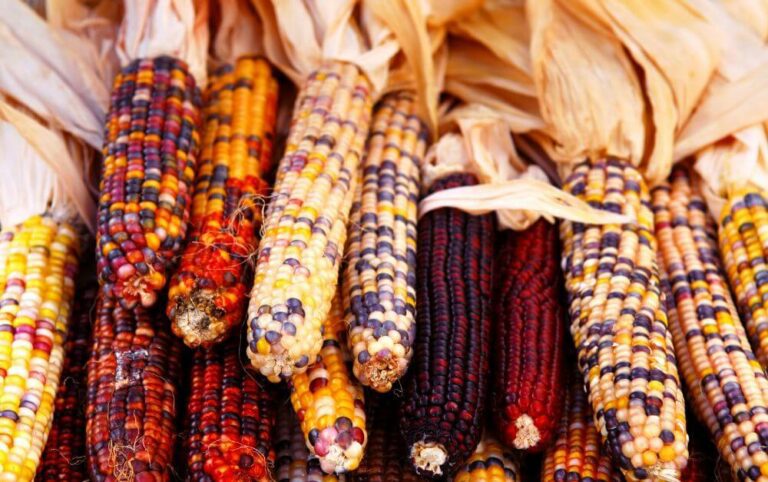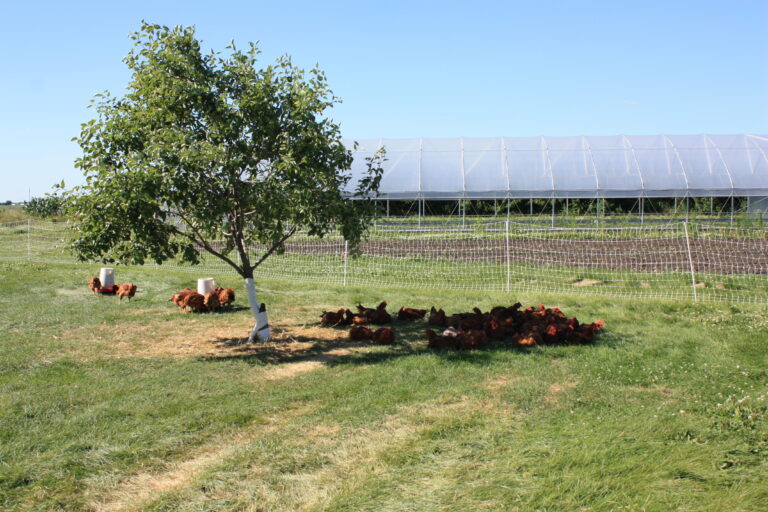On April 1, 2024, Mexico was set to follow through with its 2020 commitment to ban the toxic herbicide glyphosate (the active ingredient in Bayer’s Roundup in the USA and Faena in Mexico) by 2024. When the plan to phase out glyphosate and genetically engineered (GE) corn was originally laid out, Mexico’s government cited the purpose of the new policies as “contributing to food sovereignty and security” and the health of the Mexican people, as well as protecting native corn from contamination by GE pollen. Glyphosate is a pervasive herbicide frequently used on corn and other commodity crops, and genetically engineered corn is often modified to—among other things—be resistant to glyphosate.

News & Analysis
About every five years, the U.S. Congress passes the biggest set of food and farming policies that define the majority of federal farm, food, nutrition, and rural economic programs. At a cost of about $440 billion over five years, these programs influence: What is grown; who grows it; how it is grown or produced; what is done with those products and where they are sold; who can access and afford those goods; and how we invest in rural communities.
By supporting good legislation, opposing bad legislation, and building up a network of supporting organizations, it is our hope that we can collectively move the needle on farmworker rights in the right direction.
Watch and listen as two experienced farmers share stories and practical approaches for small-scale, diversified farms that use the principles of agroecology. This discussion may provide you with ideas that small farms where you live can adapt and thrive.
After many long days of negotiations, the U.N. Environment Programme (UNEP) made a historic move for safer food and farming by passing a resolution on highly hazardous pesticides (HHPs) that calls for action to globally phase out the use of the world’s most toxic pesticides by 2035. Tied with this resolution was the passing of a mandate for UNEP to implement this commitment by forming the Global Alliance on HHPs.
PFAS are persistent and have the potential to affect human health for many years. Some pesticides have PFAS in their formulations and others leach PFAS from their containers.
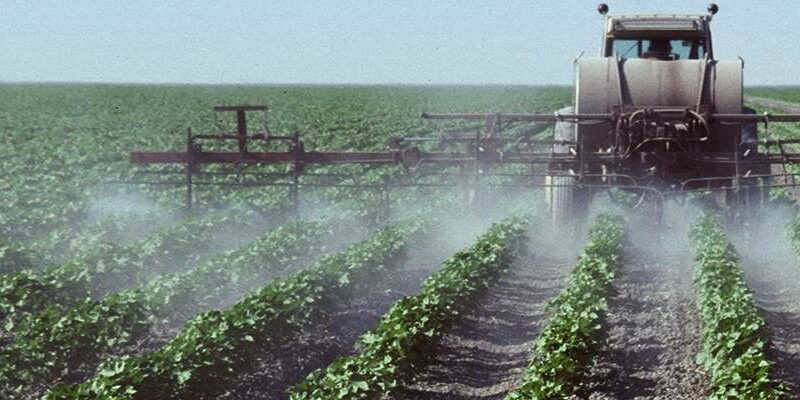
Court Declines Request To Have EPA Decide On Chlorpyrifos Ban Petition
July 18, 2017
Groups will still push EPA to listen to its own scientists and permanently ban chlorpyrifos San Francisco — July 18, 2017 Today, the 9th Circuit Court of Appeals declined to direct the U.S. Environmental Protection Agency (EPA) to decide on whether to ban chlorpyrifos, a
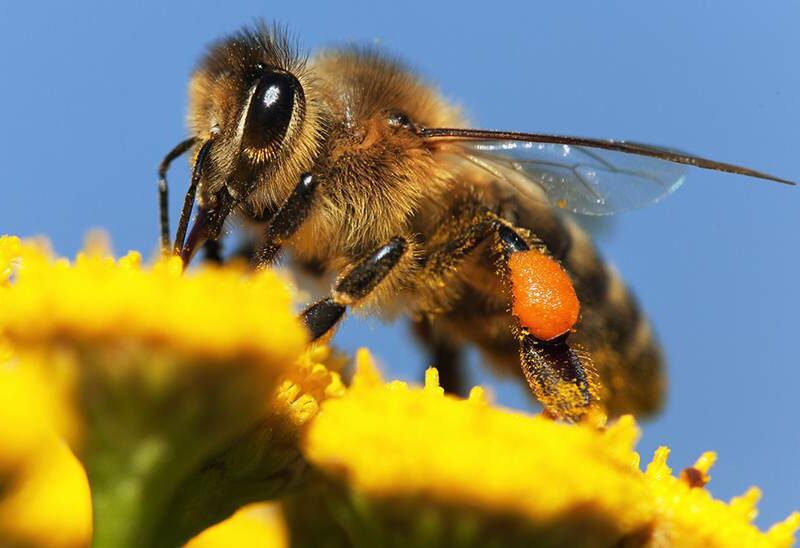
Field tested: Neonics are really, truly bad for bees
July 14, 2017
A new, large-scale field study is underscoring what we know from previous research: neonicotinoid pesticides are harmful to bees. And the use of neonics as seed coatings on common crops like corn, soy and canola/rapeseed is of particular concern for both managed honey bees and

Pruitt’s pesticide problem
July 13, 2017
I wonder if EPA Administrator Scott Pruitt thought no one would notice when he decided to ignore his agency’s own scientists and greenlight continued use of Dow Chemical’s brain-harming pesticide, chlorpyrifos. If so, he was in for quite a surprise. It turns out a lot
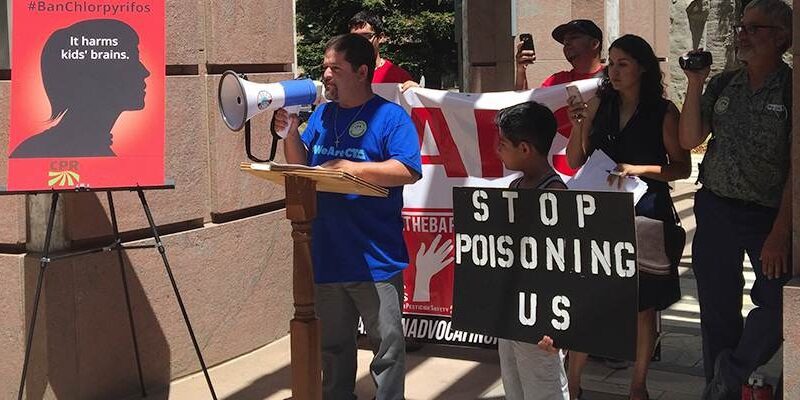
Farmworker communities call on California to ban brain-harming pesticide chlorpyrifos
July 12, 2017
Residents converge on Sacramento to deliver over 100,000 petition signatures demanding state action after U.S. EPA failed to implement a ban For Immediate Release: July 12, 2017 Sacramento, CA – After the U.S. Environmental Protection Agency (EPA) failed to heed the advice of its own scientists

PAN North America Announces Farmer as New Board Chair
July 5, 2017
For Immediate Release: July 5th, 2017 Atlantic, Iowa – Pesticide Action Network (PAN) North America’s Board of Directors announced earlier today that farmer and community organizer Denise O’Brien will serve as PAN’s new Board President, replacing termed-out board chair Susan Baker. “Food and agriculture are



